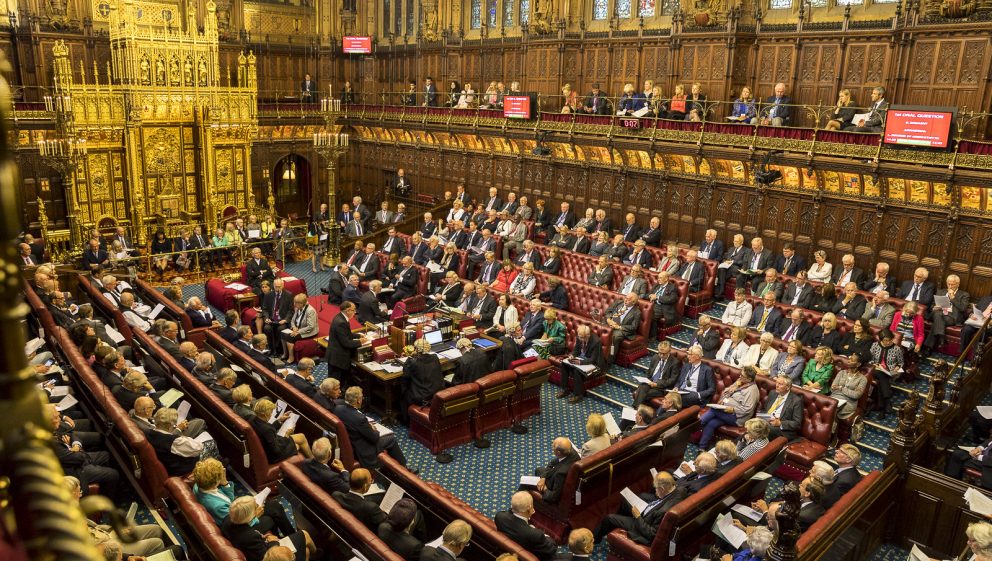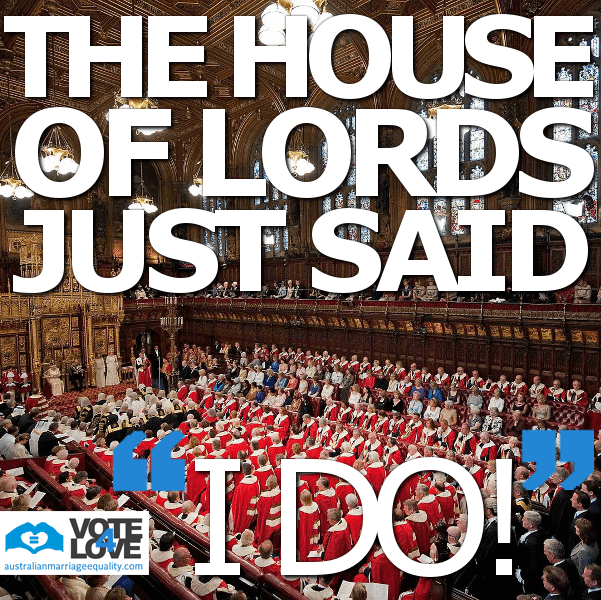Table Of Content

For much of the 17th century, the United Kingdom experienced a great deal of change and political turmoil. The first English Parliament was convened in 1215, with the creation and signing of the Magna Carta, which established the rights of barons (wealthy landowners) to serve as consultants to the king on governmental matters in his Great Council. The Witan was a small council of clergymen, land-owning barons and other advisors chosen by the king to discuss matters of state, taxation and other political affairs.
Lords reform
Additionally, some bankruptcy-related restrictions apply to members of the Upper House. Subjects of a Bankruptcy Restrictions Order (applicable in England and Wales only), adjudged bankrupt (in Northern Ireland), or a sequestered estate (in Scotland) are not eligible to sit in the House of Lords. Individuals convicted of high treason are prohibited from sitting in the House of Lords until completion of their full term of imprisonment.
Parliament in Recent History
Wentworth, a Puritan, later clashed with Elizabeth I over issues related to freedom of religion during his time as an M.P., and he was jailed for these acts as well. It was this persecution that led the Puritans to leave England for the New World in the 1600s, helping to settle the 13 colonies that eventually became the United States. In 1414, Henry IV’s son, Henry V, assumed the throne and became the first monarch to acknowledge that the approval and consultation of both houses of Parliament was required to make new laws.
How to upgrade burgage plots to Level 3
By convention, however, the Prime Minister allows leaders of other parties to nominate some life peers, so as to maintain a political balance in the House of Lords. Moreover, some non-party life peers (the number being determined by the Prime Minister) are nominated by the independent House of Lords Appointments Commission. Archbishops and bishops of the Church of Scotland historically sat in the Parliament of Scotland but were finally excluded in 1689 (after a number of previous exclusions) when the Church of Scotland became permanently Presbyterian. There are no longer archbishops and bishops in the Church of Scotland in the traditional sense of the word, and that Church has never sent members to sit in the Westminster House of Lords.
The Church of Ireland did obtain representation in the House of Lords after the union of Ireland and Great Britain in 1801. Of the Church of Ireland's ecclesiastics, four (one archbishop and three bishops) were to sit at any one time, with the members rotating at the end of every parliamentary session (which normally lasted about one year). The Church of Ireland, however, was disestablished in 1871, and thereafter ceased to be represented by Lords Spiritual. Most Cabinet ministers are from the House of Commons rather than the House of Lords. In particular, all prime ministers since 1902 have been members of the lower house[78] (Alec Douglas-Home, who became prime minister in 1963 whilst still an earl, disclaimed his peerage and was elected to the Commons soon after his term began). In recent history, it has been very rare for major cabinet positions (except Lord Chancellor and Leader of the House of Lords) to have been filled by peers.
Parliament’s Power Expands
No Lord of Appeal in Ordinary or Lord of Appeal could sit judicially beyond the age of seventy-five. The judicial business of the Lords was supervised by the Senior Lord of Appeal in Ordinary and their deputy, the Second Senior Lord of Appeal in Ordinary. The Lords' judicial functions originated from the ancient role of the Curia Regis as a body that addressed the petitions of the King's subjects. The functions were exercised not by the whole House, but by a committee of "Law Lords".

Removal from House membership
All agree that the Night’s King was once the 13th Lord Commander of the Watch, and that one day, while standing guard atop the Wall, he glimpsed a woman — with skin “white as the moon” and eyes a ghostly blue — in the woods on the far side. And certainly there must’ve been something enchanting about her, because the Lord Commander’s thirst was such that he came down off the Wall, chased her through the woods, and joined her in an unholy union. Really, all you need to supply is the ingredients, and the quickest (and cheapest) way to do that is with leather.
Constitution Unit research shows that in recent years just under half of defeats have gone on to be accepted by the House of Commons, leaving a lasting impact on policy. A high-profile example under the Labour government occurred in 2006, when the House of Lords repeatedly voted against compulsory ID cards. The government chose to delay the implementation of ID cards until after the 2010 election. That election resulted in a Conservative-Liberal Democrat coalition government, which went on to scrap ID cards. This episode was highly adversarial, but more commonly members of the Lords propose changes which the government accepts, in order to improve the substance of legislation.
Why can’t I build a plot in Manor Lords?
The majority are appointed by the monarch on the advice of the prime minister. Once all speeches on a motion have concluded, or Closure invoked, the motion may be put to a vote. The House first votes by voice vote; the Lord Speaker or Deputy Speaker puts the question, and the Lords respond either "content" (in favour of the motion) or "not content" (against the motion). The presiding officer then announces the result of the voice vote, but if his assessment is challenged by any Lord, a recorded vote known as a division follows. In the House of Lords, members need not seek the recognition of the presiding officer before speaking, as is done in the House of Commons.

A hunting camp generates hides while also producing meat for food, so that’s your best option. Backyard goat sheds also generate some hides, but the setup costs 25 Regional Wealth, so it’s better to wait. Once you have a supply of hides, you’ll need a tannery (4 timber) to turn hides into leather that will then sell in the marketplace. To turn that timber into planks, you’ll need a sawpit (2 timber) that will turn 1 timber into 5 planks. The marketplace where families will set up stalls is, thankfully, free to build.
Only peers, their wives, and their widows (unless remarried) were entitled to such trials; the Lords Spiritual were tried in ecclesiastical courts. In 1948, the right of peers to be tried in such special courts was abolished; now, they are tried in the regular courts.[82] The last such trial in the House was of Edward Russell, 26th Baron de Clifford, in 1935. An illustrative dramatisation circa 1928 of a trial of a peer (the fictional Duke of Denver) on a charge of murder (a felony) is portrayed in the 1972 BBC Television adaption of Dorothy L. Sayers' Lord Peter Wimsey mystery Clouds of Witness. The twelve Law Lords did not all hear every case; rather, after World War II cases were heard by panels known as Appellate Committees, each of which normally consisted of five members (selected by the Senior Lord). An Appellate Committee hearing an important case could consist of more than five members. Though Appellate Committees met in separate committee rooms, judgement was given in the Lords Chamber itself.
Leasehold and Freehold Reform Bill undergoes Lords line by line scrutiny - Committees
Leasehold and Freehold Reform Bill undergoes Lords line by line scrutiny.
Posted: Fri, 19 Apr 2024 09:54:39 GMT [source]
To supply shoes, clothes, or cloaks to the marketplace, you’ll need a burgage plot (Level 2) with a tailor’s workshop (5 Regional Wealth, 5 planks) or a cobbler’s workshop (5 Regional Wealth, 5 planks) built in its extension slot. Once it’s constructed, you’ll have a burgage plot (Level 1), and a family will start moving in. If you’ve got the Regional Wealth, you can add a vegetable garden, chicken coop, or goat shed. The basic unit of Manor Lords’ workforce is the family, and families need a place to live. It’s a place for a family to build a house (or two), but it’s also a place for them to start a side hustle that benefits your town. Once you’ve met your initial needs and identified your starting industry, it’s time to start making some money!

No comments:
Post a Comment